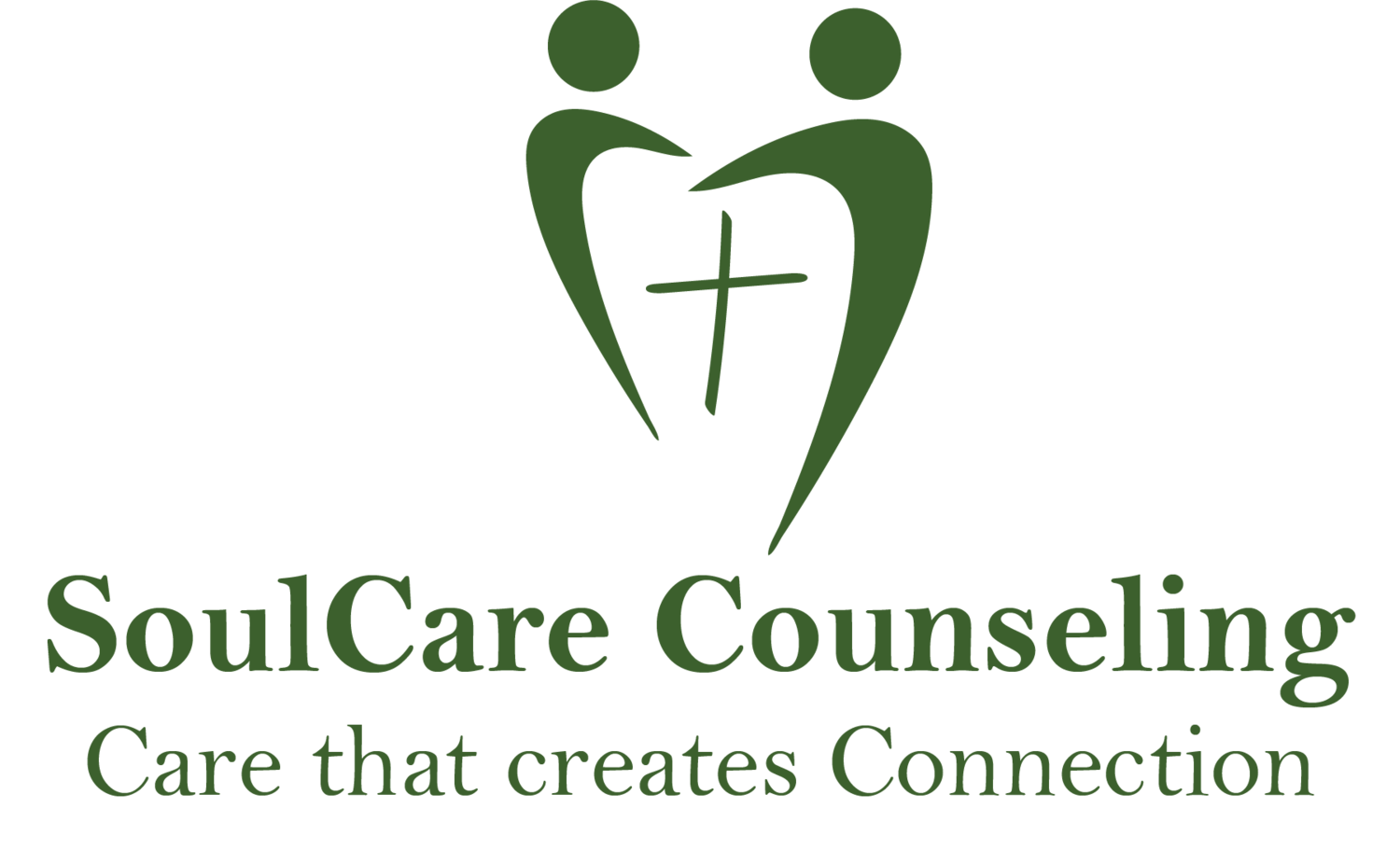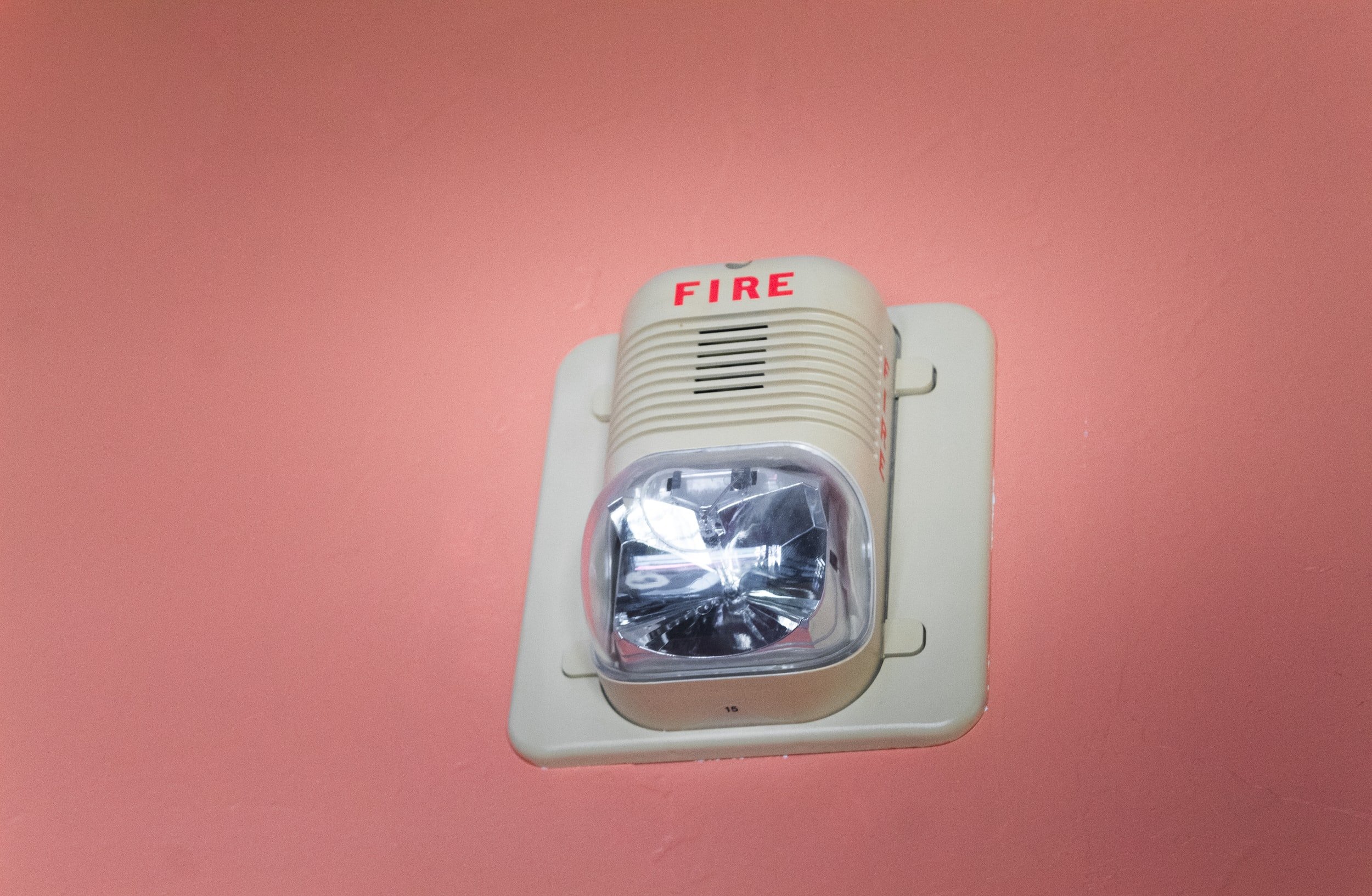Why You Get So Upset With Your Husband
The beauty of Emotionally Focused Therapy, the therapy model we practice at SoulCare Counseling, is that it is based on the science of the brain. We know how to the brain responds to distress. Regardless of culture, race, gender, age, or any other factor, all human beings react the same way. It is the reason why you get so upset with your husband or he with you.
You Get So Upset With Your Husband
Because Of How The Brain Responds To Danger
The answer to why you get so upset with your husband, or he with you, is based on the way the brain processes danger. If you’re walking in a forest and out of the corner of your eye see a shadow in the grass (a trigger), the first response is an instant appraisal from the brain’s amygdala saying, “Uh-oh!” This is followed by a physiological arousal. Adrenaline surges and the heart pumps, ready to run. Then there is a quick reappraisal in the new-cortex of the brain where a meaning is assigned: “It’s just a stick” or “It’s a snake.” This activates a protective action of either relief/relaxation or fight/flight/freeze.
The very same thing happens when there is relationship distress and make you get so upset with your husband. If your brain picks up a cue in your partner’s behavior that it perceives as a threat to the safety and security of your bond (a trigger), it instantly sounds an alarm bell (appraisal) that says, “Uh-oh! Potential danger!” Unmet attachment needs, raw spots, those needs for love, safety, security, comfort, approval, and validation that have been denied or wounded over the years begin to throb and stir emotions (physiological arousal). Primary/deep emotions of fear, anger, sadness, surprise/confusion, or shame activate. If you can’t trust your partner to share those vulnerable emotions (fear of being unloved, rejected, seen as inadequate, losing the relationship, being abandoned, etc.) and ask for what you need (soothing, reassurance, comfort, validation, understanding, safety/security), or your partner won’t meet those needs, the brain will turn on secondary/surface emotions. The brain tells you that your true, deep, vulnerable emotions and attachment longings and needs will be rejected, spurned, and ridiculed. So, it substitutes more reactive emotions of hostility, frustration, irritation, disdain, disappointment, contempt, anguish, helplessness, etc. The brain then instantly turns those feelings into perceptions, and they are given meanings and messages (reappraisal): “I’ll never be good enough to please him/her; he/she is unpleasable. This is impossible.” Those messages fill you with adrenaline, you lose blood flow to the pre-frontal cortex (thus losing good judgment and developing tunnel vision), you move into self-preservation and your fight/flight/freeze reflex activates, causing protective behaviors such as criticism, blaming, complaining, demanding OR withdrawing, shutting down, going silent, leaving…all in an effort to save the relationship.
You Get So Upset With Your Husband
Because Of His Alarm Bell
When you get upset with your husband, it sounds an alarm bell in your partner whose own unmet attachment needs are aroused, triggering his/her primary deep emotions, which are too scary to reveal, so the brain substitutes secondary/surface emotions and assigns perceptions to those emotions about himself/herself and about you and the relationship. He/she then reacts from those emotions and perceptions with protective behaviors of his/her own, which set off your alarm bell again. And it escalates like the vortex of a tornado and goes on and on.
If You Get So Upset With Your Husband,
The Solution Is Repair And Reconnection
The good news is that what disconnection causes, connection can fix. We know from research in Emotionally Focused Therapy that close, connected relationships reduce anxiety and fear by easing those primal brain responses to the danger of abandonment. Since the 1930’s with the work of John Bowlby on attachment and later by other researchers, it has been proven that strong, attached relationships reduce feelings of fear, or “threat activation,” and calm the brain.
Research has revealed that emotional isolation is more dangerous for our health than smoking. People who live alone have three times more strokes than married people. But those who have a safe, secure relationship are resilient physically and emotionally. In people with strong attachments, anxiety is reduced and they are able to take more risks. Those who love and are loved, who are able to trust another person, are stronger in every way because they can turn to one another in distress, creating even more emotional safety.
If you don’t want to get so upset with your husband or vice versa, Emotionally Focused Therapy can help. As an EFT therapist, I urge you to read about couples counseling and take the step of reaching out to us to schedule a free thirty-minute consultation today. Take the first step from caution to confidence.
Dr. Bernis Riley holds a Doctor of Psychology degree, is a Licensed Professional Counselor – Supervisor, and is certified in Emotionally Focused Therapy. She is the Clinical Director/Supervisor at SoulCare Counseling.



